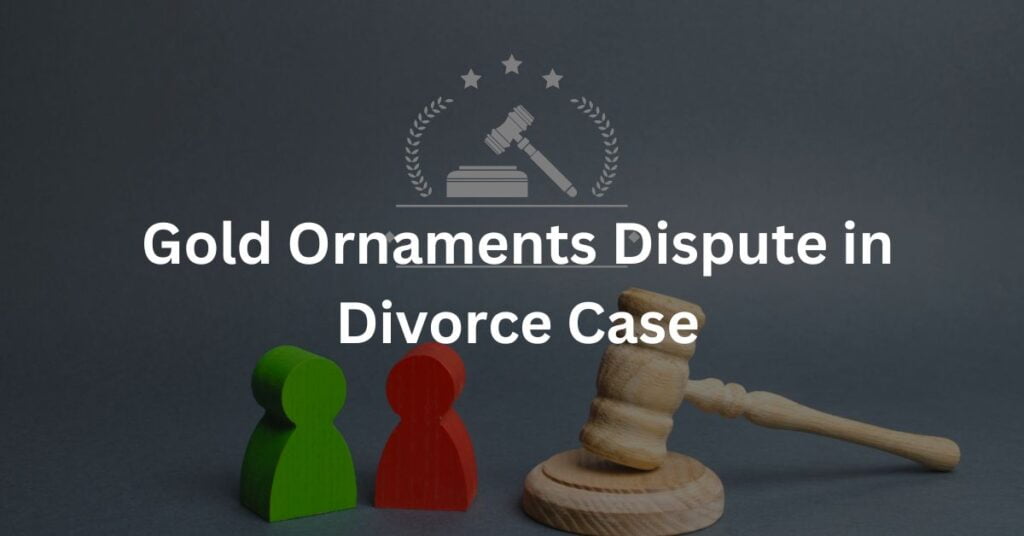In a recent Delhi High Court judgment, an appellant, Deepti Bhardwaj, has challenged the decision of the Family Court granting a decree of divorce to her husband, Rajeev Bhardwaj, on the grounds of cruelty. The case, bearing MAT.APP.(F.C.) 138/2022, has raised interesting legal arguments and shed light on the complexities surrounding divorce proceedings in India.
Table of Contents
ToggleBackground
Deepti Bhardwaj filed an appeal against the judgment dated 27th July 2022, in which the Family Court allowed Rajeev Bhardwaj’s petition for divorce under Section 13(1)(i-a) of the Hindu Marriage Act, 1955. Rajeev had alleged cruelty as the basis for seeking dissolution of the marriage. Deepti’s counsel argued that the suggestion of extramarital affairs, made by Rajeev’s lawyer during the cross-examination, was unfounded as it was not pleaded in the petition and lacked instructions from the appellant.
Contentions and Arguments
Deepti’s counsel contended that the allegations of cruelty were unsubstantiated and lacked specific dates and instances. However, Rajeev’s counsel argued that although the extramarital affair allegations were not explicitly mentioned in the divorce petition, similar accusations were made by Deepti in a separate petition under Section 125 of the Criminal Procedure Code.
Court's Analysis and Decision
Upon examining the divorce petition, the High Court observed that Rajeev had explicitly averred instances of cruelty, including taunts and abusive language used by Deepti and her father against him and his family. The court noted that the allegations were not challenged during cross-examination and that no suggestion was made to refute their veracity.
The cross-examination of Rajeev was deemed insufficient, as it did not address any of the specific allegations made in the petition and his testimony. Therefore, the court found no reason to doubt Rajeev’s credibility or the allegations of cruelty against Deepti.
Conclusion
Based on the evidence presented and the overall factual circumstances, the High Court upheld the Family Court’s decision to grant a divorce decree to Rajeev Bhardwaj. The court determined that Deepti’s behavior towards her husband and in-laws was indeed cruel, as evidenced by the language and taunts she used. Conversely, Deepti failed to substantiate any counter-allegations of cruelty against Rajeev.
Hon’ble Delhi High Court’s judgment in this divorce case highlights the significance of fair and thorough proceedings. This case serves as a reminder of the challenges faced by courts when adjudicating divorce cases involving allegations of cruelty. It emphasizes the importance of presenting substantial evidence and effectively cross-examining witnesses to challenge the veracity of claims. Ultimately, this judgment reaffirms the significance of fairness and credibility in divorce proceedings, ensuring that justice is served for all parties involved.



